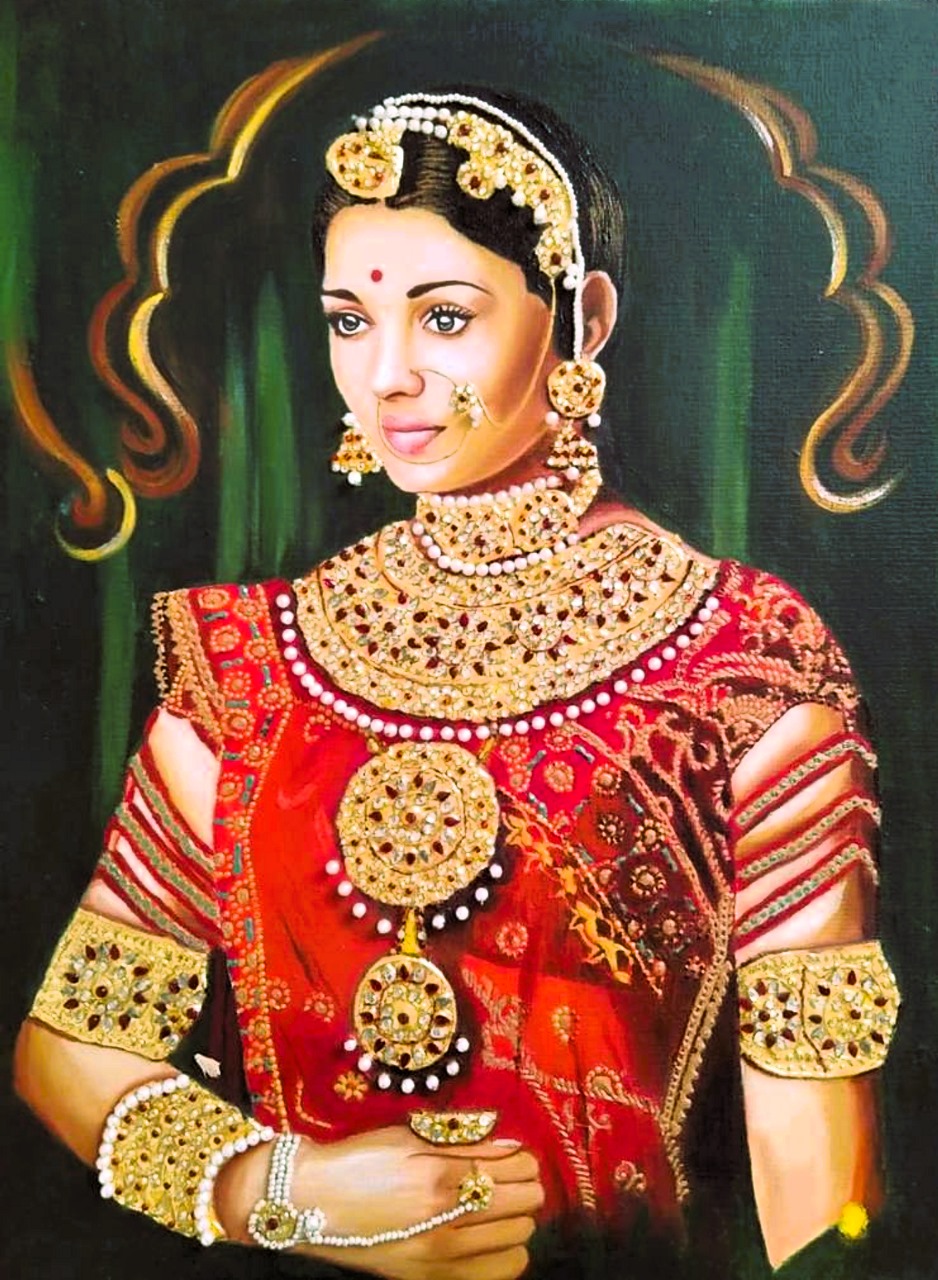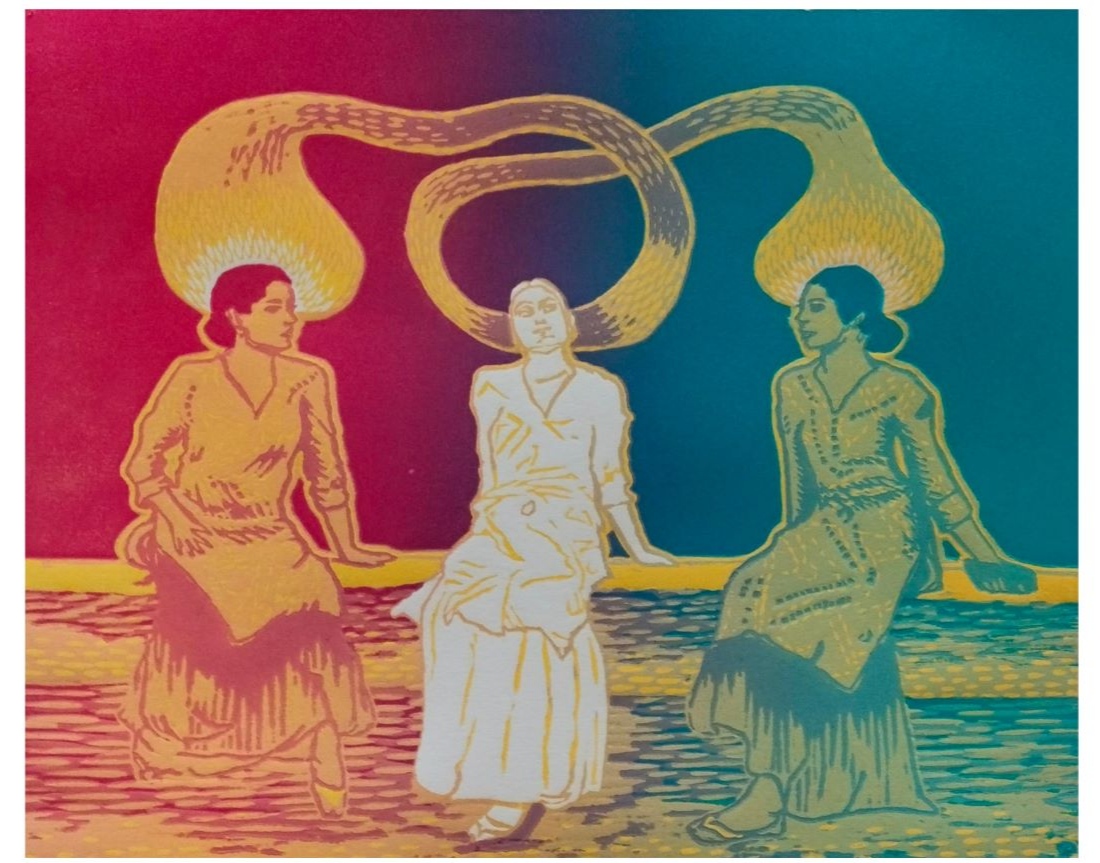Mothers of Indian Cinema

Indian Cinema's Sacred Symphony of Motherhood:
In many ways, motherhood is considered one of the most profound and beautiful experiences a woman can have, and Indian cinema, in all its manifestations, has long served as a window into this remarkable quest. The representation of mothers in Indian cinema is as varied, complex, and multi-layered as the culture it reflects, thus it is appropriate to consider this Mother's Day. Through songs, tales, and characters, Indian film has elevated women as representations of unfailing strength, sacrifice, and unconditional love, presenting a picture of motherhood that honors its beauty in all its manifestations.
A Symbol of Unconditional Love:
In Indian cinema, a mother whose love knows no bounds is frequently at the center of every great tale. Whether in Hindi, Tamil, Bengali, or any other regional film, the Indian film industry has continuously presented moms as sacrificing individuals who prioritize their children's welfare over their own struggles. This archetype is best exemplified by the timeless representations of mothers such as Nirupa Roy in the numerous movies she acted in in the 1950s and 1960s or Nargis in Mother India. With their hearts full of love for their children, mothers are shown in these classic performances as strong, resilient individuals who persevere through hardship. Nothing can lessen the intensity of their commitment, even if they may suffer, deal with social pressures, and deal with personal issues.
Moments of sacrifice in movies are frequently used to commemorate this unwavering devotion. A mother's sacrifice is reverently portrayed, whether it is sending her child away for a better future or sacrificing her own aspirations for her family's benefit. This selflessness is the fundamental element of how motherhood is portrayed in Indian cinema, which celebrates the silent but unwavering resolve of these women who, by sheer willpower and the unending love in their hearts, keep their families together.
Mothers as Powerful Symbols:
Mothers' strength and tenacity have been more widely acknowledged in Indian cinema, which presents them as strong individuals in their own right as well as emotional pillars. In movies like Taare Zameen Par, where Darsheel Safary's mother is crucial in identifying and fostering his special talents, or Paa, where Amitabh Bachchan's character is looked after by his mother, we see mothers portrayed as not only caregivers but also as change agents who help their kids navigate life's ups and downs.
One such example is the mother in the movie Queen, who encourages her daughter's quest for self-discovery. It says a lot about the changing position of mothers in Indian society that a mother is shown as a guiding force who encourages her child to embrace their full potential and go beyond social standards. Raising self-assured, strong, and capable people who can confront the world with resilience is what motherhood is all about, and it goes beyond simple nurturing.
Honoring the Ordinary Heroine:
The fact that mothers are frequently shown in Indian cinema as regular heroines who silently bear the burden of their families' aspirations and wishes rather than as grandiose characters is what makes their representation so realistic and adored. These mothers may not be well-known or powerful, but they are the story's unsung heroes because of their love, commitment, and care.
Consider the way the mother is portrayed in Kabhi Khushi Kabhie Gham. The quiet wisdom of the lady who firmly sits at the core of a family, tying together its disparate threads, is portrayed by Jaya Bachchan in a role similar to this: the powerful yet loving mother figure. She has boundless patience, unrelenting determination, and unconditional love. It pays homage to all mothers, who are the real pillars of the family even though they may not receive much attention.
The idea of the mother as the protective figure who makes sure her kids are loved, fed, and educated is prevalent in Indian movies. Families are kept together by her very presence, even though her sacrifices are frequently depicted as silent and her strength as imperceptible as the air we breathe.
Motherhood in Various Cultural Contexts:
Indian cinema has always reflected the diversity of the nation, and the various cultural representations of motherhood are a stunning example of this. From the protective and loving moms of Malayalam cinema to the strong and emotional mothers of Telugu and Tamil cinema, every regional film offers a different take on the role of a mother. A rich tapestry reflecting the range of experiences and beliefs held by various cultures, the diversity of motherhood in Indian film is exemplified by the fierce, warrior-like mother in Makkhi and the tender, caring mother in Kahani.
Mothers are frequently regarded as the guardians of our Indian value systems, custom and traditions, the preservers of culture, and the instructors of morals. We see how the Indian mother represents not only familial ties but also broader societal and cultural connections in movies like Swades, where the mother is instrumental in helping her son discover his heritage, and the well-known Bajrangi Bhaijaan, where the mother's love transcends cultural boundaries.
Appreciating Motherhood as a Gift:
The appreciation of the mother-child bond is what makes Indian cinema's depictions of moms so beautiful. Indian cinema has portrayed the intricacy of motherhood in a way that strikes a deep chord with viewers through both happy and moving moments. Regardless of language or location, these movies capture a timeless reality, a mother's love is limitless and unending.
As we commemorate Mother's Day and honor the love, sacrifice, and fortitude that mothers give to their families, let's also keep in mind how these characters are portrayed in movies as a nod to the common experience of motherhood. Indian cinema has long praised this sacred tie in its splendor and simplicity, depicting it in the most vivid light and serving as a reflection of the country's vital pulse rather than merely a theme.
Keeping with the wonderful spirit of Anumodna, a word that honors the delight in other people's gifts, we celebrate the lovely depiction of mothers not only as fictional characters but also as real-life examples of grace, love, and unwavering commitment. We should treasure the priceless gift of these unsung heroes who influence our lives in ways that words cannot describe, and may we always appreciate and cherish the beauty of motherhood not just today, but every day of our lives.
.jpeg)
A Intricate Web of Love, Strength, and Sacrifice

As we commemorate Mother's Day and honor the love, sacrifice, and fortitude that mothers give to their families, let's also keep in mind how these characters are portrayed in movies as a nod to the common experience of motherhood. Indian cinema has long praised this sacred tie in its splendor and simplicity, depicting it in the most vivid light and serving as a reflection of the country's vital pulse rather than merely a theme.

.png)















